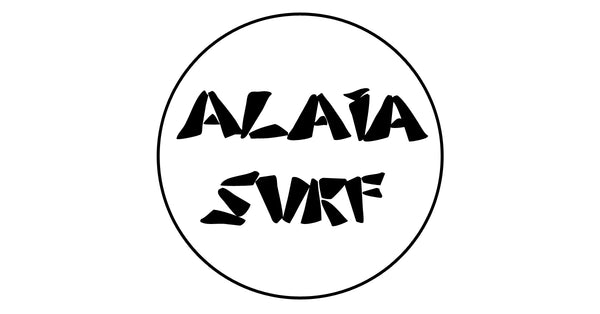Consumerism has created a throwaway culture that is poisoning our planet. Plastics and disposable items have flooded our daily lives and the trash that we throw away doesn’t just disappear. It ends up somewhere.
There is no definitive figure on the amount of plastic in the ocean, but around 70% per cent of marine litter is estimated to be plastics and approximately 4 to12 million tonnes of plastics enter the ocean every year threatening ecosystems and damaging the planet’s circulatory system. Plastic debris can be found in all forms and sizes: plastic bags, plastic bottles, foam pieces, fishing nets, disposable lighters, plastic toys, rubber tires, plastic toothbrushes, and other unidentifiable pieces.
 Dolphin tangled in plastic
Dolphin tangled in plastic
These pieces of plastics are a major danger for marine animals who can mistake floating plastic for food or get trapped in it. Pieces of plastic are regularly found in the stomachs of dead fish, turtles, and marine mammals. These plastics obstruct the animals’ intestines and might also disrupt hormone levels as a result of the toxic chemicals they carry.
Part of the solution to the plastic crisis requires changing our lifestyle (not to mention the responsibility that corporations and governments need to take for plastic products that are being manufactured and distributed). To help prevent this plastic debris ending up in the ocean we need to get rid of our throwaway habits.
 Discarded plastic bag on a coral reef
Discarded plastic bag on a coral reef
Learning about the impact of our actions, we can help protect and restore the seas:
- Carry a shopping bag
- Use a reusable bottle and beverage cup
- Avoid excessive food packaging
- If you have to use disposable items, reuse or recycle them whenever is possible
- Reject plastic straws
- Avoid microbeads
- Never litter on land, on the beach or on the ocean
- Participate in beach clean-ups to help stop the circulation of trash into the ocean

